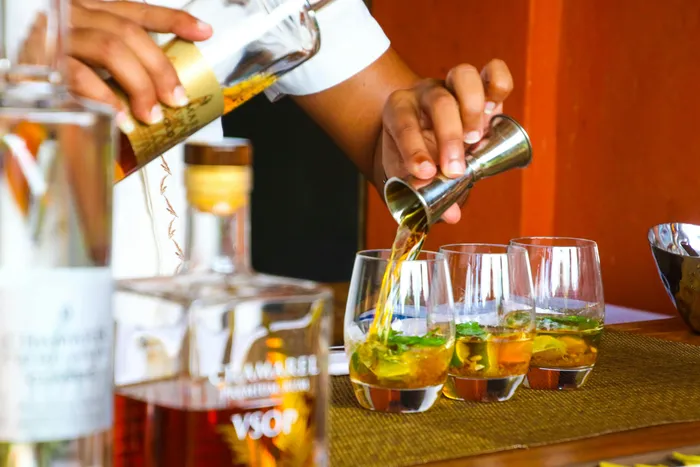Travel warning: Deadly methanol-laced alcohol alert for 29 countries

Methanol poisoning from tainted alcohol poses a deadly risk. Experts urge travellers to stay vigilant
Image: Pexels
For many of us, sipping a cocktail on holiday is part of the joy of travelling - but experts are warning that in some destinations, that drink could be deadly.
A growing number of countries have been flagged for methanol poisoning linked to tainted alcohol, and travellers are urged to stay vigilant as incidents continue to rise.
Even a small amount of methanol can cause blindness or death within just 12 to 48 hours, making awareness quite literally life-saving.
Health authorities have now added 11 more countries to the global methanol-risk list, bringing the total number of affected destinations to 29.
These are places where illegally mixed or contaminated alcoholic drinks have been reported, putting tourists at serious risk.
Countries where methanol-tainted alcohol poses a risk
Brazil, Bangladesh, Cambodia, Costa Rica, Ecuador, Fiji, India, Indonesia, Iran, Japan, Jordan, Kenya, Laos, Libya, Malawi, Malaysia, Mexico, Morocco, Nepal, Nigeria, Papua New Guinea, Peru, Russia, Rwanda, Thailand, Turkey, Uganda and Vietnam.
What is methanol?
Methanol is a toxic industrial alcohol commonly found in antifreeze, windscreen washer fluid and paint thinners.
While tiny amounts occur naturally during alcohol production, licensed manufacturers distil their products to ensure these levels are safe.
The problem arises when methanol is illegally added to spirits to reduce costs. Because it is both odourless and tasteless, drinkers have no way of knowing their beverage has been adulterated.
What methanol does to the body
The danger of methanol lies in its delayed effects. It looks, smells and tastes like ordinary alcohol, and early symptoms mimic intoxication, meaning many people don’t realise anything is wrong.
The real harm begins hours later, when the liver attempts to break the methanol down.
This process produces toxic by-products - formaldehyde, formate and formic acid - which attack nerves and vital organs.
Formate, the most dangerous of these toxins, behaves much like cyanide. It disrupts energy production in cells, damaging sensitive areas of the brain.
The eyes are particularly vulnerable, which is why blindness is common in severe cases of methanol poisoning.
Toxicity depends on how much methanol is consumed and how an individual’s body processes it. As with alcohol, people with lower body weight tend to suffer more serious effects from the same amount.
Treatment
Methanol poisoning is a medical emergency and must be treated in hospital, using drug therapies, dialysis to cleanse the blood, or, in some cases, ethanol.
Ordinary alcohol competes with methanol in the body, slowing the formation of toxic by-products, but this treatment only works if administered quickly.
Experts stress that time is the single most important factor. While a very small dose of methanol can be fatal, individuals who receive rapid medical care have a far greater chance of survival, even after consuming larger amounts.
Advice for travellers
With methanol poisoning cases increasingly reported across multiple regions, travellers are urged to be cautious, especially when buying alcohol from informal vendors, consuming very cheap spirits, or accepting drinks from unregulated sources.
Sticking to sealed, branded products and drinking only at reputable establishments can significantly reduce risk.
IOL Travel
Related Topics: